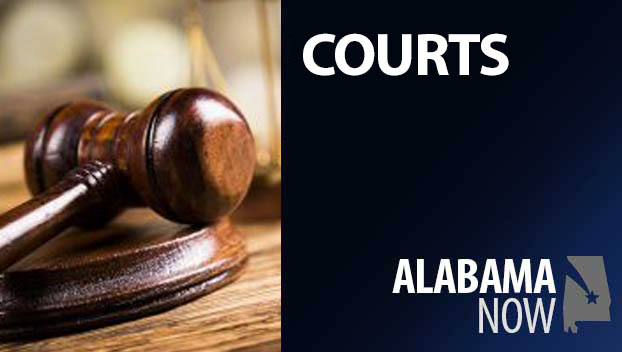Condemned Alabama inmate allowed to have spiritual advisor at execution
Published 6:13 pm Thursday, February 25, 2021
Alabama is amending its lethal injection procedures to allow a condemned inmate to have his spiritual advisor in the execution chamber, state lawyers wrote in a Thursday court filing.
The move comes after the U.S. Supreme Court this month sided with Alabama inmate Willie B. Smith III who had sought to have his pastor in the chamber. Alabama, which had previously argued that only prison staff should be allowed in the chamber for security reason, canceled Smith’s execution.
“In light of the Supreme Court’s decision in this matter, however, Defendant is in the process of amending the ADOC’s lethal injection protocol to permit a condemned inmate to have his spiritual advisor in the execution chamber,” lawyers with the Alabama attorney general’s office wrote in a court filing.
A spokeswoman for the Alabama Department of Corrections did not immediately respond to an email seeking comment. The filing did not give additional details about the state’s plan, including how long the spiritual adviser can stay in the chamber and if they will be present when the execution begins. In past lethal injections, the state allowed a prison chaplain to remain in the chamber.
Smith’s scheduled Feb. 11 execution was called off by Alabama officials after Supreme Court justices maintained an injunction issued by the 11th U.S. Circuit Court of Appeals, saying he could not be executed without his pastor present in chamber.
“Alabama has not carried its burden of showing that the exclusion of all clergy members from the execution chamber is necessary to ensure prison security. So the State cannot now execute Smith without his pastor present, to ease what Smith calls the ‘transition between the worlds of the living and the dead,’” Justice Elena Kagan wrote in a writing joined by three other justices, including Amy Coney Barrett.
The Alabama case was the latest in a series of legal fights over personal spiritual advisers at executions.
Justice Brett Kavanaugh suggested in a dissent in the Smith case that states that want to avoid continuing litigation on the issue “should figure out a way to allow spiritual advisors into the execution room, as other states and the federal government have done.”
The court in 2019 halted the execution of a Texas inmate who claimed his religious freedom would be violated if his Buddhist spiritual adviser was not allowed to be in the death chamber with him.
In the past, Alabama routinely put a Christian prison chaplain, who was employed by the state, in the execution chamber to pray with an inmate if requested. The state stopped that practice after a Muslim inmate asked to have an imam present. The prison system, which did not have Muslim cleric on staff, said non-prison staff would not be allowed in the chamber.





